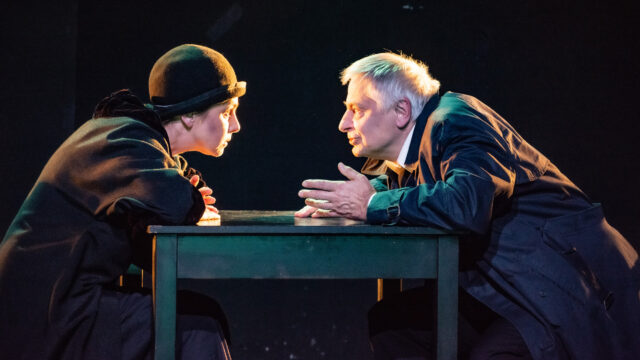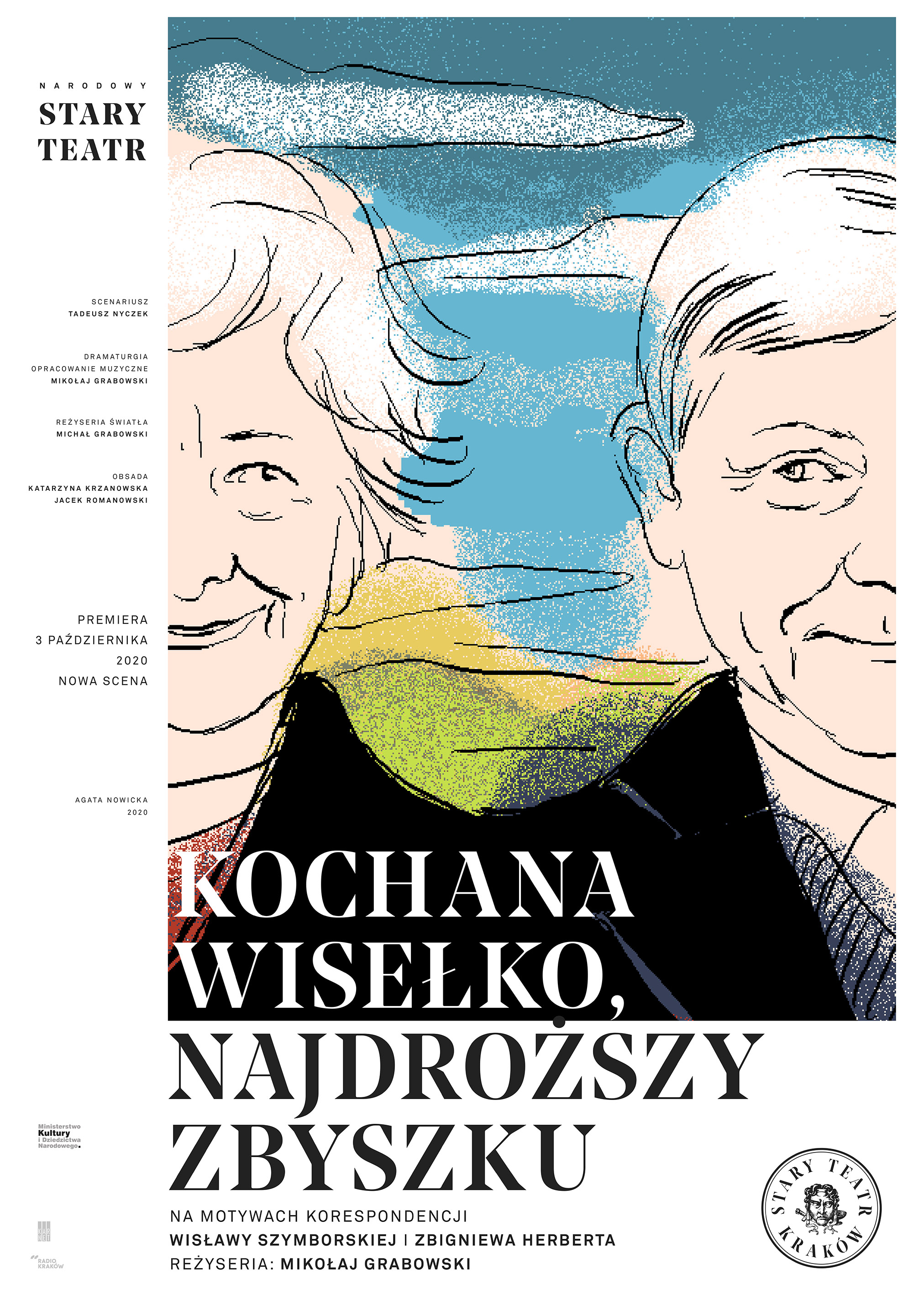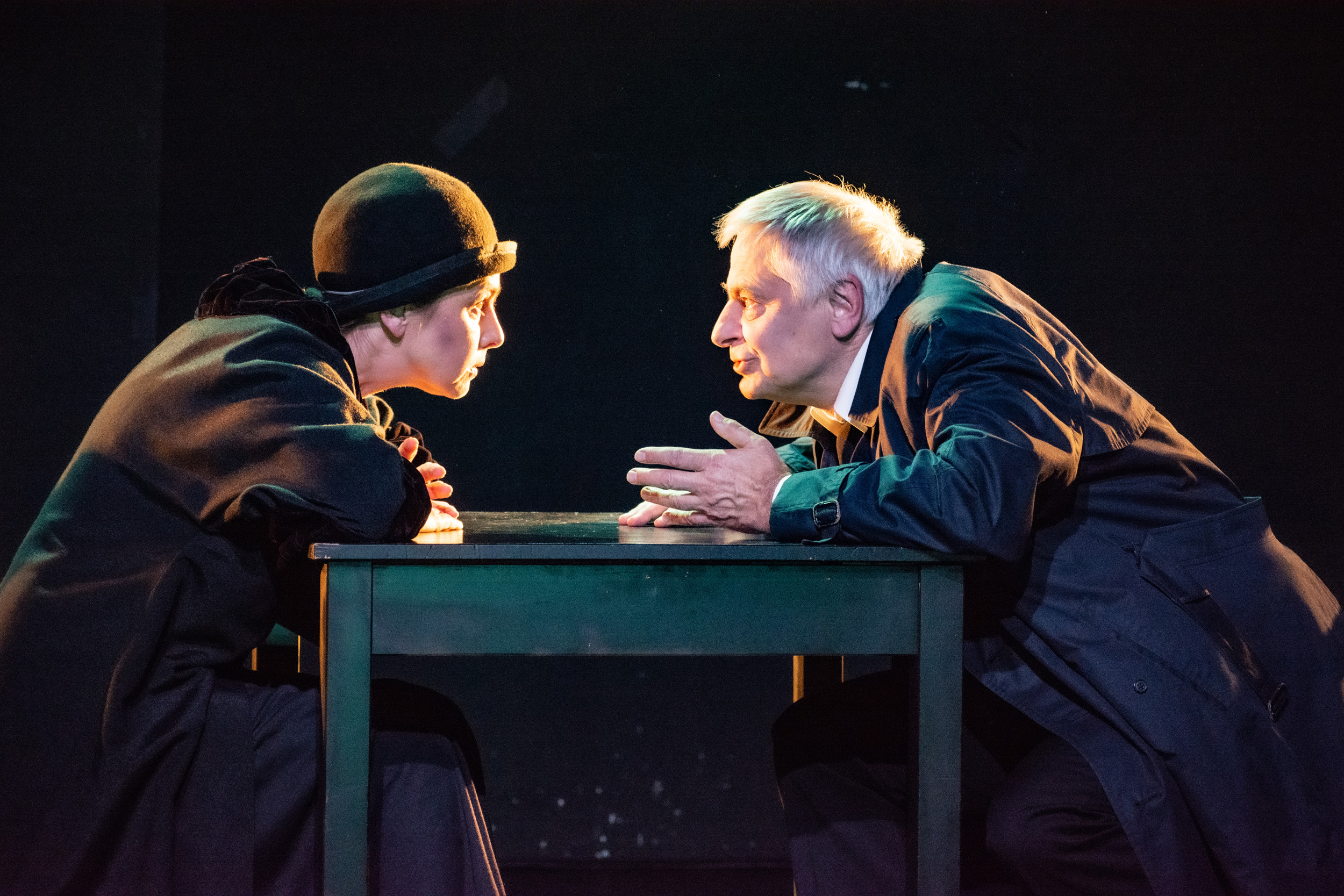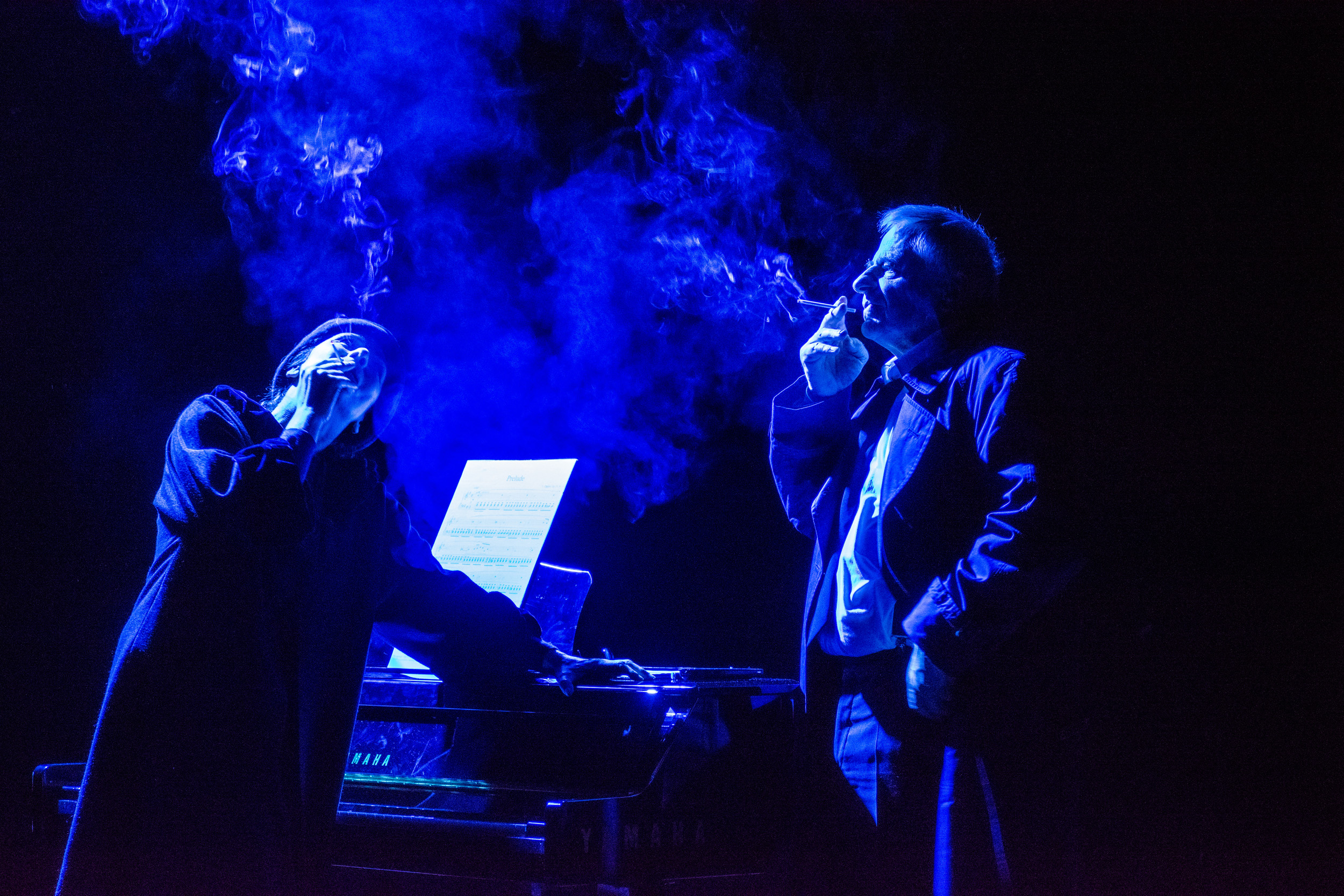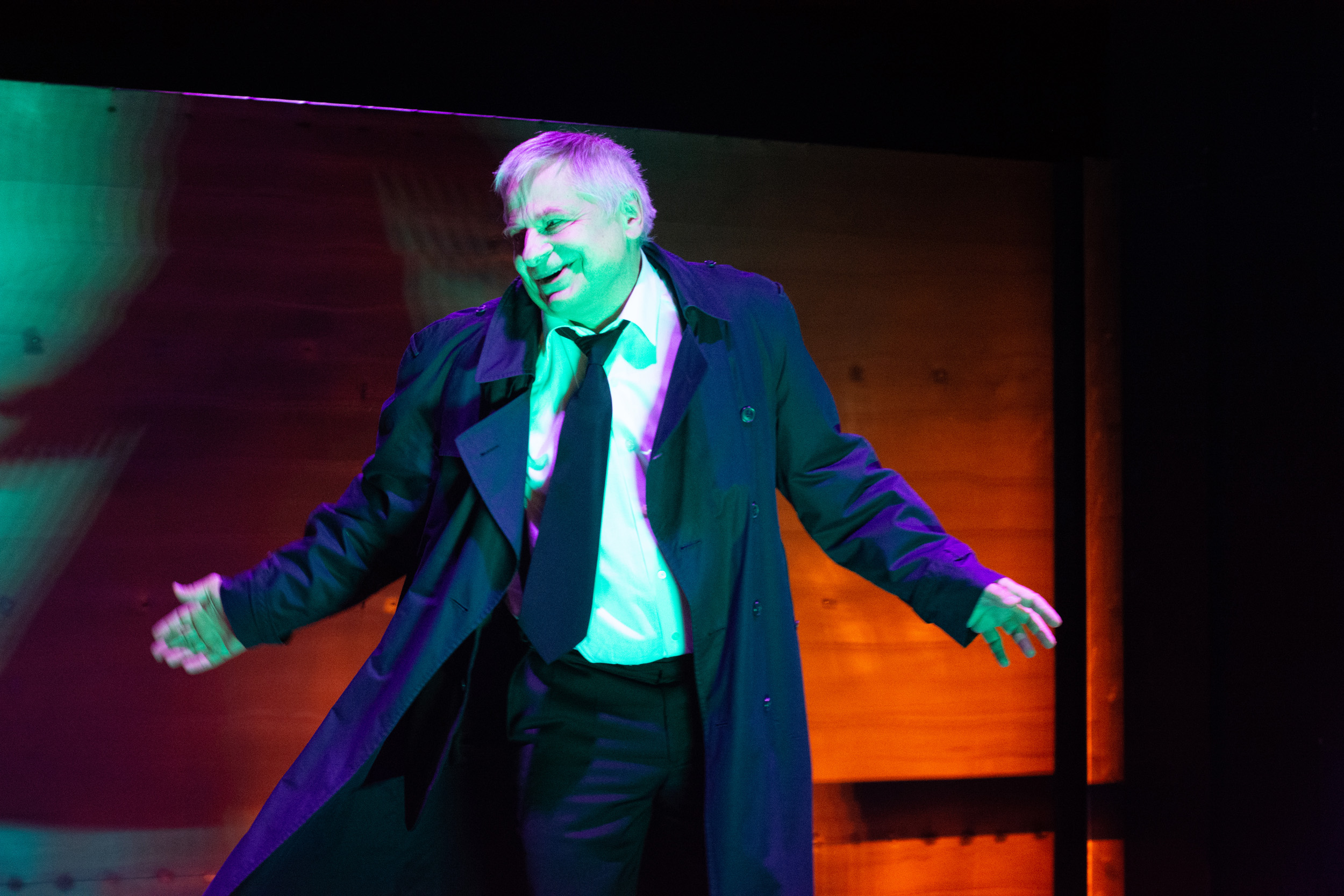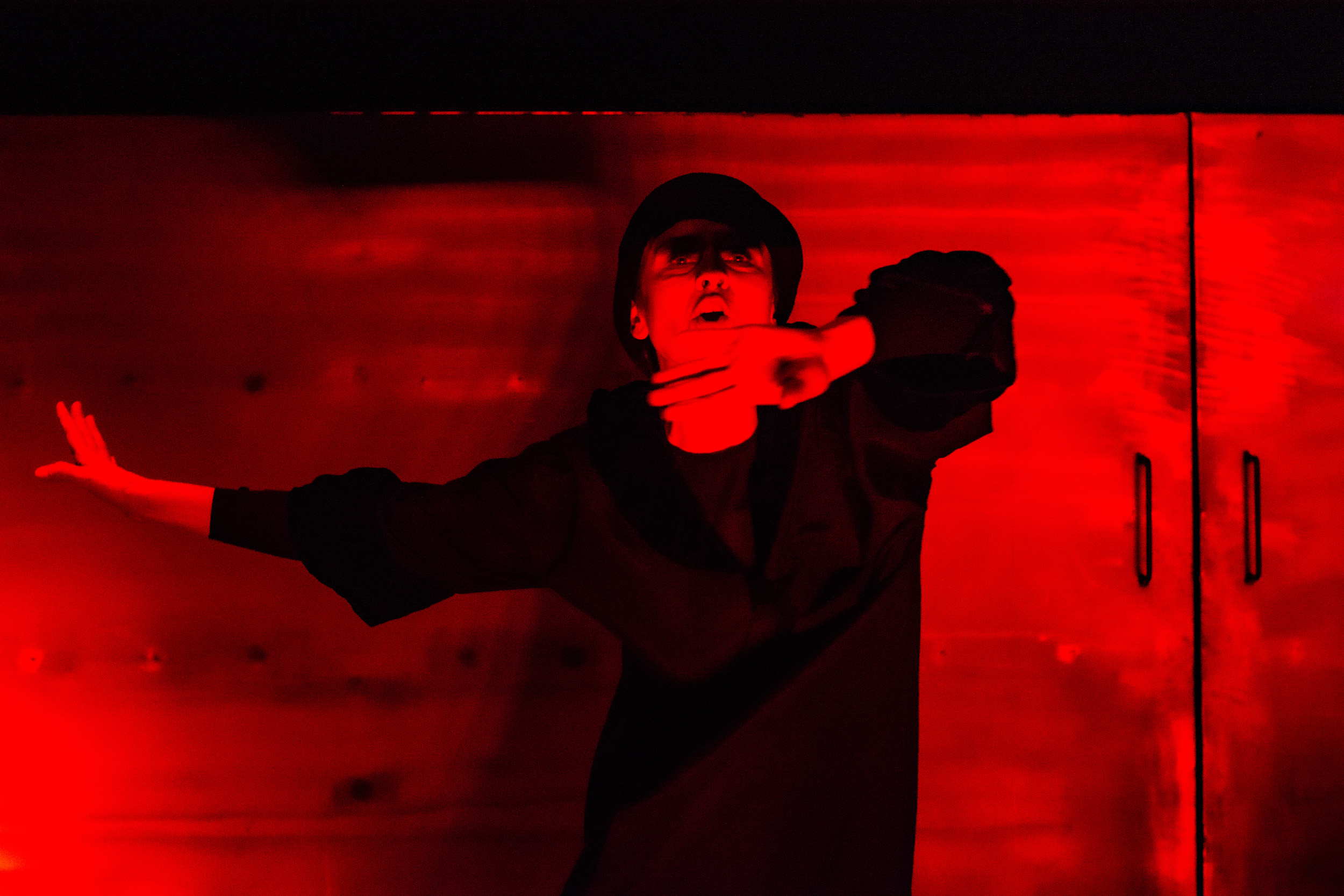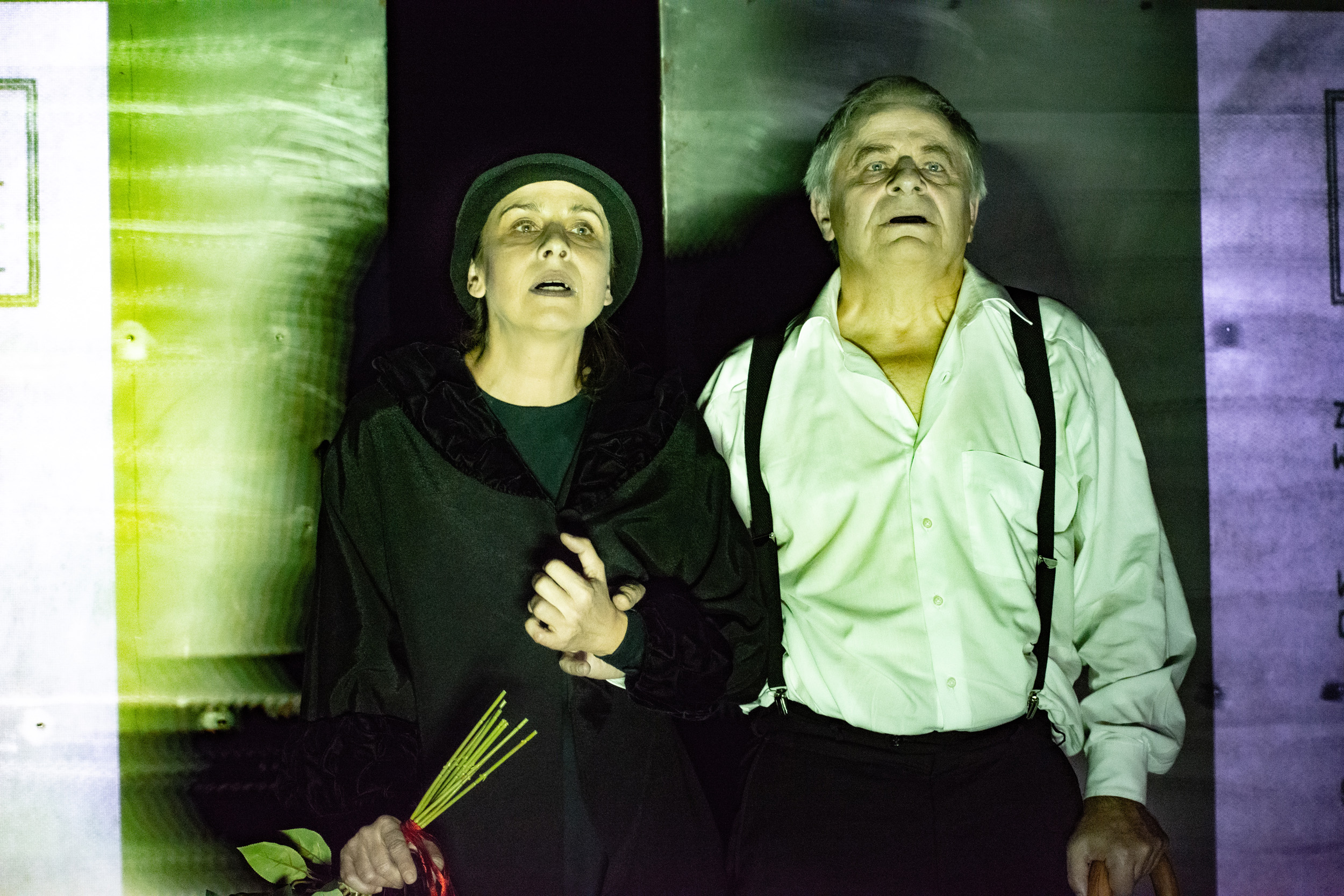Repertoire
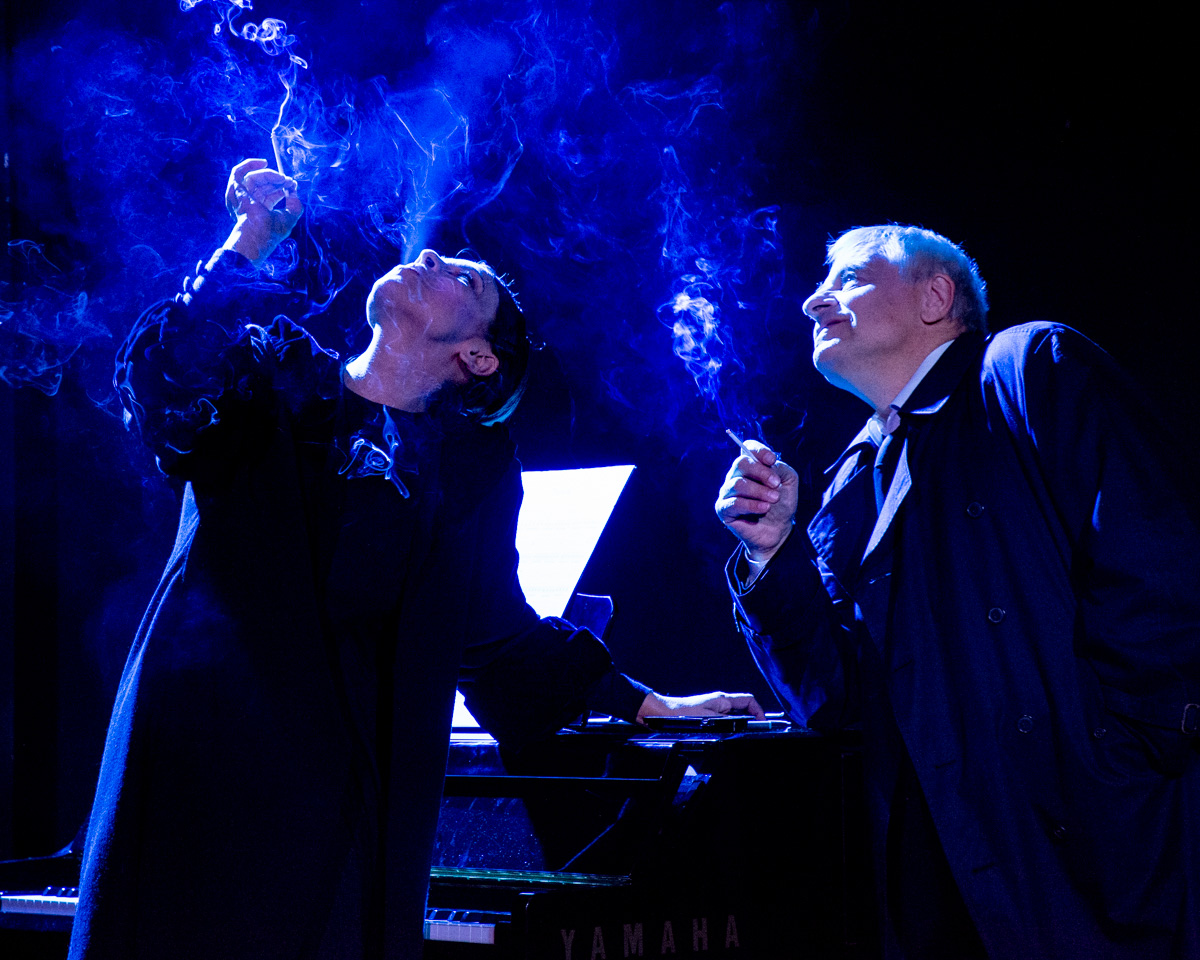
My Darling Wisełka, My Dearest Zbyszek
Dir. Mikołaj Grabowski
ul. Jagiellońska 1
A very peculiar acquaintance. Szymborska and Herbert.
When we put aside the digressions concerning their mutual attraction, or even more (the letters suggest more of a literary-epistolary romance than anything else) and take a sober look at these two people so utterly different in character, we recall the anecdote from the 1960s of the hen and the pheasant.
She was a Cracovian lady from a good home, practically “bourgeois,” enjoying a settled, secure, and dependable existence. If she went anywhere, it was fishing with Kornel Filipowicz, and no further than the Warta River. He was drawn to the unknown: Italy, France, Greece, Holland, Belgium, Austria, Germany, England, Switzerland, America… et cetera, et cetera. She subsisted off the salary of an editor for a literary weekly, publishing a volume of poetry from time to time. He had scholarships abroad, lectures in Europe and the USA, and was regularly published in Poland and abroad. She only knew French, “not speaking a word of Londonish”; he had a command of German, English, French, a bit of Italian, and maybe some Greek. She was an introvert, with a little apartment in the old town of Krakow, a small group of trusted friends. He enjoyed hotels, friends’ homes around the world, his own apartments abroad, he was an extrovert, the “life of the party,” a fun-lover, almost a bon vivant; it was not unusual for him to gallivant for the entire night in a Greek taverna, buying rounds for everyone.
The list goes on and on…
Herbert, many times called a shoe-in for the Nobel Prize for literature, a European, “the prince of poets,” winner of twenty-four awards worldwide, writes a curt telegram to modest Szymborska, who had just received the Nobel: “Warmest congratulations.”
Szymborska writes back: “Zbigniew, Great Poet! If it were up to me, it would be you now agonizing over writing a speech….”
Mikołaj Grabowski
I write these words with full responsibility: this work is seductive. It seduces as a whole, it seduces with its character studies and its remarkable pace. How to bring letters to life, so that they “work”? If you’re searching for the answer, head down to the National Stary Theatre. Wisława Szymborska spoke to us. Zbigniew Herbert spoke to us. Both take risks, joke, flirt with one another, and it even seems strange that it’s all there in the letters, and now lives on stage. Precisely: life steps onto stage, in a triumphant procession of acting virtuosity.
Konrad Sikora, barbarzyncawfotelu.wordpress.com
The work of Wisława Szymborska © Wisława Szymborska Foundation

The work of Zbigniew Herbert
© Katarzyna Herbert & Beata Lechnio & Rafał Żebrowski
Archival recording of “Mr Cogito’s Message” read by the author comes from the album Zbigniew Herbert Czyta Swoje Wiersze published in 1998 by Radio Krakow.
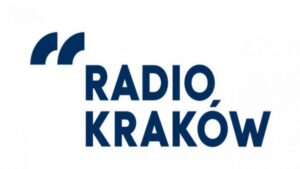
Creators
- Mikołaj Grabowski Director / dramaturge / music
- Tadeusz Nyczek Script:
- Michał Grabowski Lighting director
- Hanna Nowak Stage manager
